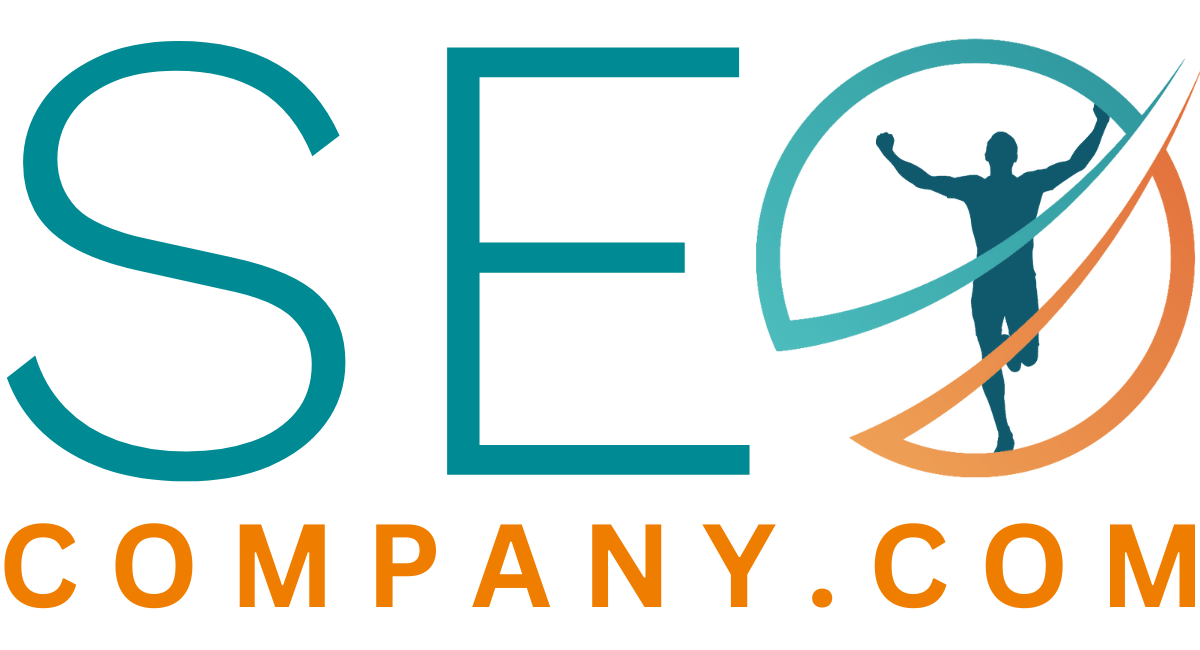
What are Backlinks?
Backlinks, also known as external links, inbound links or incoming links, are hyperlinks on one website that direct users to another website. They are an essential component of search engine optimization (SEO) as they help search engines understand the relevancy and popularity of a website based on the number and quality of links pointing towards it. These external links are essentially votes of confidence from other websites, indicating that the linked website has valuable and trustworthy content.
History and Usage:
The concept of backlinks was first introduced in the late 1990s when search engines like Google began to evaluate these incoming links as a ranking signal. Back then, the quantity of backlinks was considered more important than the quality, and website owners would often engage in practices like link exchanges or buying links to increase their website’s ranking.
However, with the advent of Google’s PageRank algorithm, which ranks websites based on the quality and relevancy of their backlinks, the emphasis shifted from quantity to quality. Backlinks from reputable and high-authority websites carry more weight in search engine rankings, while low-quality or spammy backlinks can result in penalties and a decrease in rankings.
Importance to Web Design:
While inbound links are not directly related to web design, they play a crucial role in driving traffic to a website. A well-designed website with valuable content is more likely to attract backlinks from other websites, which can improve its search engine rankings and visibility.
Backlinks Importance to SEO:
External links are one of the most important factors in SEO, as they help search engines determine the relevancy and popularity of a website. The quality and quantity of backlinks can significantly impact a website’s search engine rankings, and website owners and SEO professionals often engage in tactics like guest blogging, creating valuable content, or outreach campaigns to earn backlinks from reputable websites.
Black Hat and Google Guidelines:
While backlinks are essential for SEO, some practices related to acquiring them can be considered black hat and violate Google’s guidelines. These practices include buying links, participating in link farms or link networks, or engaging in reciprocal link schemes. Such practices can result in penalties and a decrease in rankings, and it’s essential to follow ethical and best practices to acquire backlinks.
Citations regarding backlinks:
Quality Guidelines: Google emphasizes creating high-quality content and links that provide value to users, rather than engaging in manipulative or deceptive practices to increase rankings. Google’s Quality Guidelines prohibit the use of link schemes or manipulative linking practices that violate Google’s guidelines.
Link Schemes Guidelines: Google’s Link Schemes Guidelines provide examples of link building practices that violate its guidelines. These include buying or selling links, excessive link exchanges, and using automated programs to create links.
Webmaster Guidelines: Google’s Webmaster Guidelines provide general best practices for website owners, including recommendations for creating valuable content and earning links from reputable websites. The guidelines also warn against engaging in practices that violate Google’s policies or manipulate search rankings.
